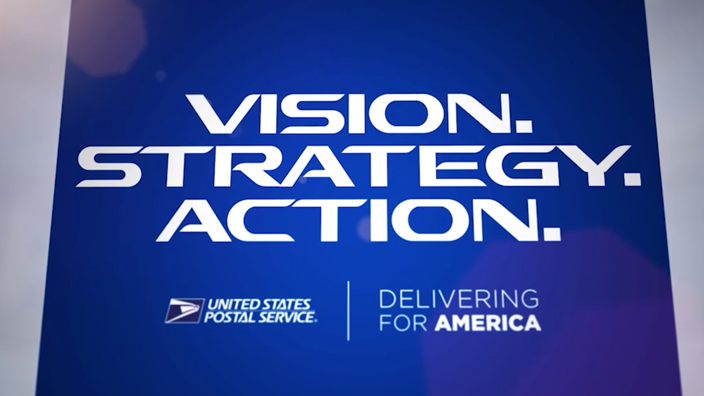The Postal Service is modernizing its technology to better serve customers, Chief Information Officer Pritha Mehra told an industry conference recently.
Under Delivering for America, the organization’s 10-year plan to achieve financial sustainability and service excellence, USPS is investing $40 billion in capital improvements.
These improvements include technology upgrades throughout the organization.
“As we march through this transformation journey, we are modernizing everything,” Mehra said. “We are modernizing almost every mission-critical business capability — logistics, human resource, payroll, customer engagement, product, visibility.”
Mehra spoke at EmTech Next, a virtual event sponsored by MIT Technology Review, an independent media company associated with the Massachusetts Institute of Technology. The audience included more than 300 information and technology executives from across the nation.
The Postal Service’s improvements include updating applications that are more than 30 years old and written in programming languages that most computers don’t use today.
For example, Mehra said USPS has introduced innovative software products that help with fleet management, including keeping vehicles in top condition, improving driver safety and boosting overall performance.
The Postal Service is also modernizing its mailing and shipping platforms, aiming to offer a “frictionless solution” for every customer, Mehra said.
One example: Business customers can use USPS Connect to request free package pickup, receive package status notifications and download orders from marketplaces.
Mehra said these technological improvements have transformed the way her team works with other USPS departments, as well as external shipping partners.
“In the CIO group, we have learned to engage more and listen more,” she said. “To do this we have flipped to a business customer paradigm — to use collaborative partner-style relationships.”
She added: “It’s not easy to make rapid changes in a 200-year-old organization the size and complexity of the Postal Service, but change we must.”



